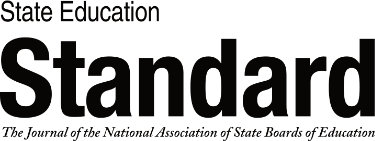In Colorado, a grassroots accountability and continuous improvement network is uniting far-flung rural school districts—with members as many as 400 miles apart—in a collaborative effort to address the unique needs of Colorado’s rural students. As in other states, Colorado rural districts must deal with funding disparities, isolation, education policies driven by urban voices, and small enrollments, which, when coupled with lower per-pupil revenues, result in tight district budgets and make it hard to offer equitable opportunity for all students.
Colorado's Network for Local Accountability
Also In this Issue
Identifying Risks to the Well-Being of Rural Young Children and Families
By Sara L. HartmanThe pandemic compounded an array of preexisting health and wellness challenges in many communities.
Teacher Recruitment and Retention in Rural Colorado
By Kirk BanghartRural districts band together, with help from partners and grants, to attract and keep teaching staff.
Colorado’s Network for Local Accountability
By Kirk BanghartA network of rural peers help districts design meaningful, timely, community-connected accountability.
Professional Learning in Appalachia
By Melissa Tooley and Sabia PrescottMicrocredentials show promise in overcoming the challenges of offering rural educators high-quality opportunities.
Challenges Facing Schools in Rural America
By Mara Casey Tieken and MK MontgomeryIn schools accustomed to making a little go a long way, the pandemic increased the burden.
Online Learning for Rural Students
By Reg LeichtyExpanded rural broadband service can help overcome inequitable access to digital instruction.









 i
i
 i
i